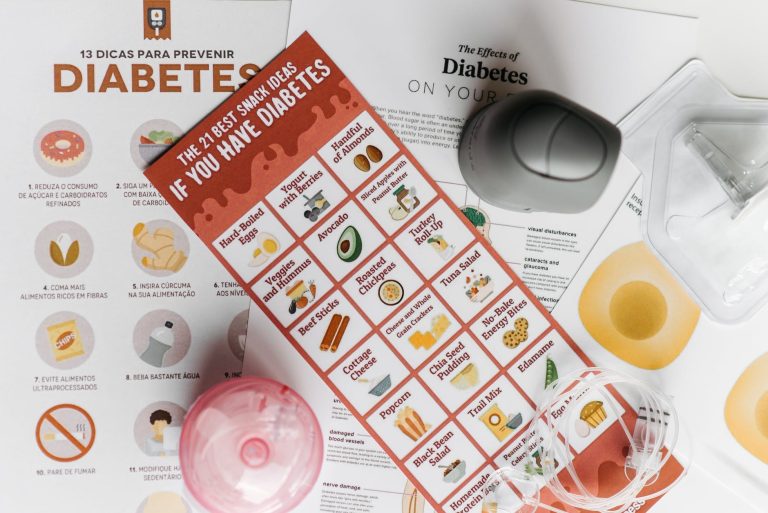Medical device company Senseonics (SENS) released their earnings report yesterday and beat EPS estimates by 45% with a small revenue miss of 0.97%. In addition, the company reaffirms FDA approval for their 180-day continuous glucose monitoring (CGM) system by the end of the year with sales and commercialization starting in 2023.
- Generated third quarter 2023 revenue of $3.5 million
- FDA active review of the Eversense® 180-day PMA supplement application continues
- Presented clinical data on the safety and accuracy of Eversense at the European Association for the Study of Diabetes Annual Meeting, Association of Diabetes Care & Education Specialists Annual Conference and the Diabetes Technology Meeting
COVID-19 continues to pose a risk of uncertainty to the company’s overall business and the FDA’s review of their 180-day product PMA supplement application. As a result, Senseonics currently expects its full year 2023 global net revenue to be in the middle of the revenue guidance range of $12.0 million to $15.0 million.
Return on capital
Return on Capital Employed is a measure of yearly pre-tax profit relative to capital employed by a business and changes based on company sales and earnings. A higher ROCE is generally representative of successful growth of a company and is a sign of higher earnings per share in the future. A low or negative ROCE suggests the opposite. In Q2, SENS posted an ROCE of 0.05%.
A relatively high ROCE shows SENS is potentially operating at a higher level of efficiency than other companies in its industry. If the company is generating high profits with its current level of capital, some of that money can be reinvested in more capital which will generally lead to higher returns and, ultimately, earnings per share (EPS) growth.
For SENS, the positive return on capital employed ratio of 0.05% suggests that management is allocating their capital effectively. Effective capital allocation is a positive indicator that a company will achieve more durable success and favorable long-term returns.




